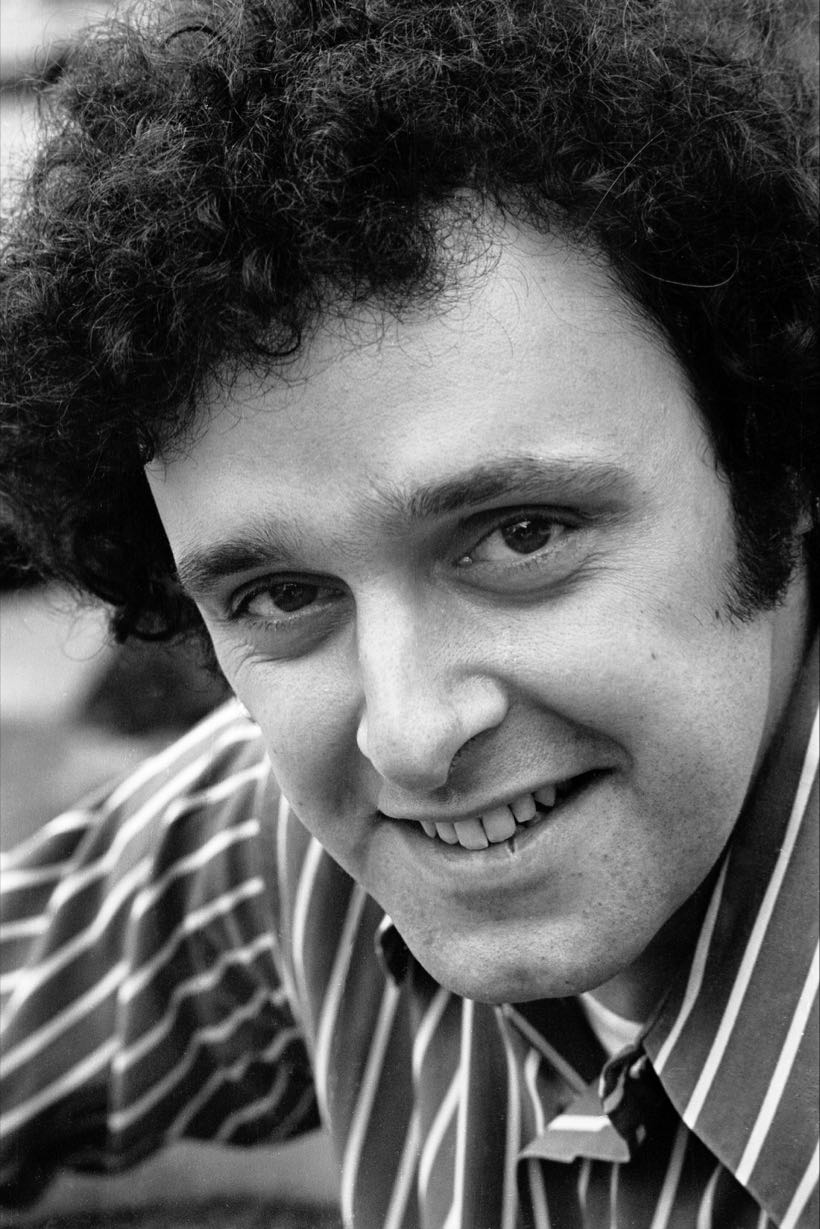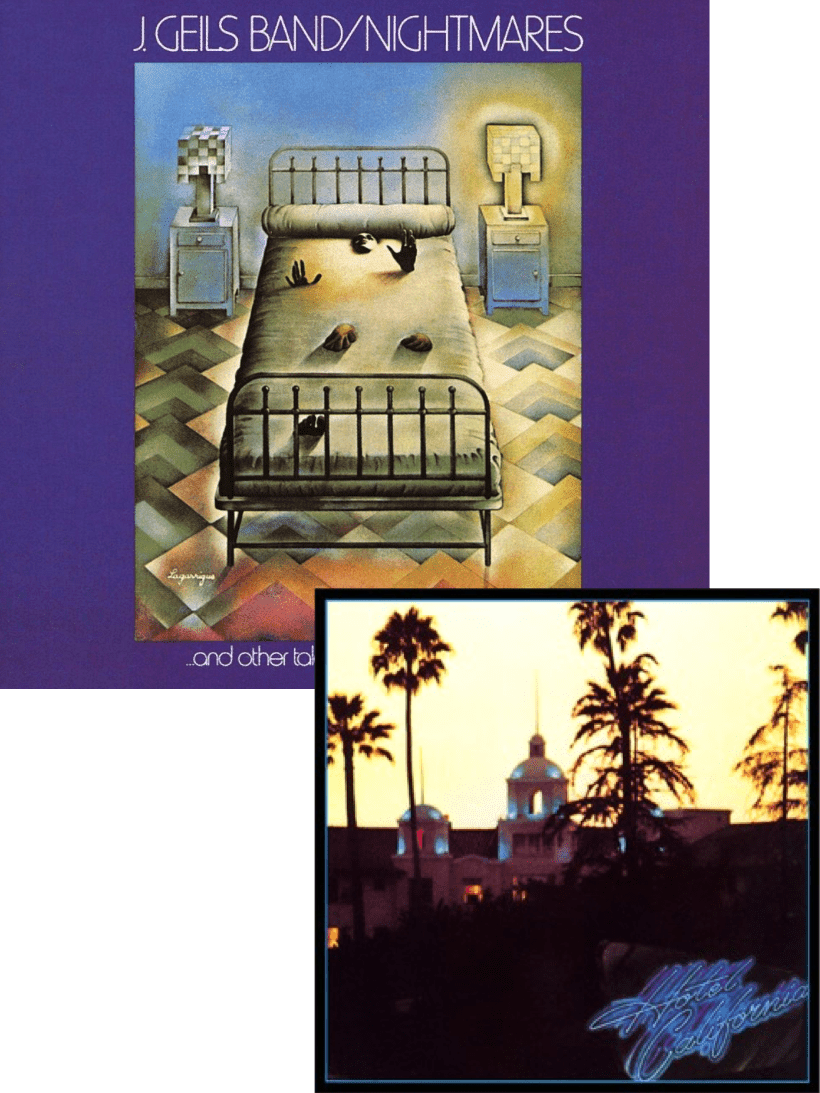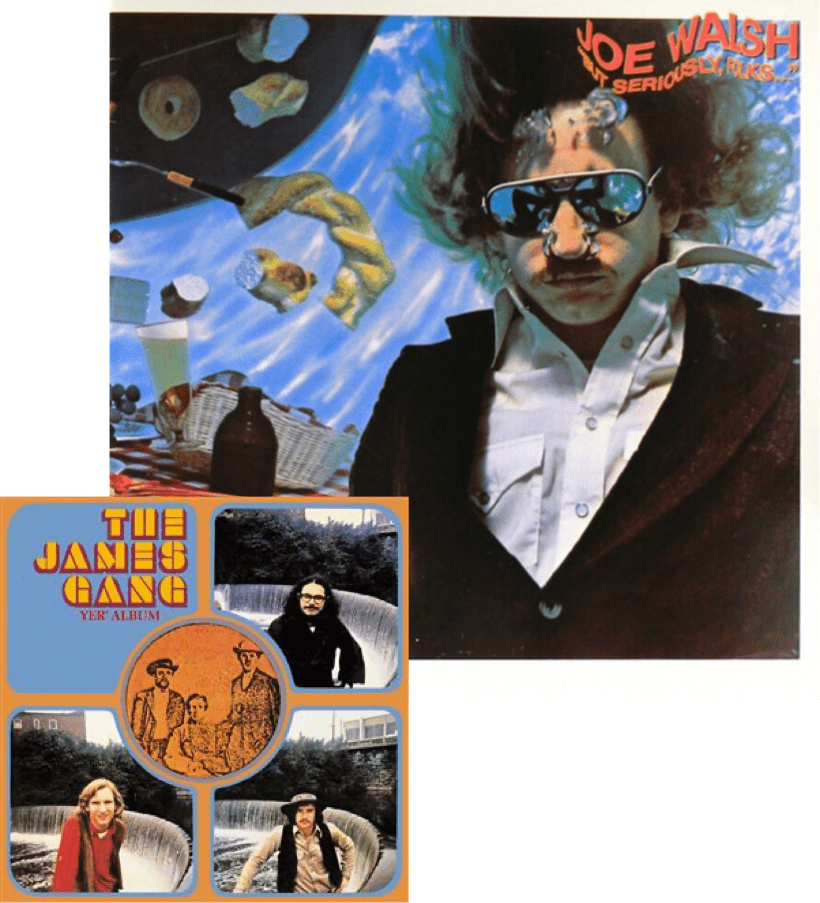Self-proclaimed professional listener
William Szymczyk was born in Muskegon, Michigan on February 13, 1943. Szymczyk’s future career as a producer had its origin in the U.S. Navy where he took a course in radio and TV production while he was serving as a Sonarman Petty Officer.
Once he was discharged from duty, he accepted a position making acetate copies of recorded demos at the Dick Charles Recording Studio. He later recalled listening to a studio session with Carole King and Gerry Goffin which got him hooked. Within a year, he became one of the studio’s engineers.
His first break came when songwriter Helen Miller referred him to an uptown studio called Regent Sound, owned by Bob Lifton. Under Lifton’s tutelage, Szymczyk wound up managing the studio. A few years later in ‘67, he met R&B producer Jerry Ragovoy, who was preparing to open a new studio called the Hit Factory. Ragovoy needed talent, and Szymczyk accepted, becoming the Hit Factory’s first regular engineer, where he also learned how to be a producer.



